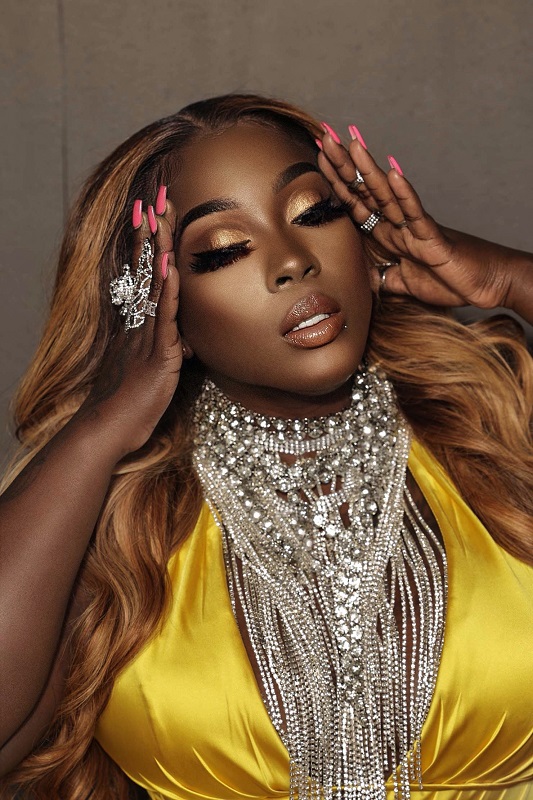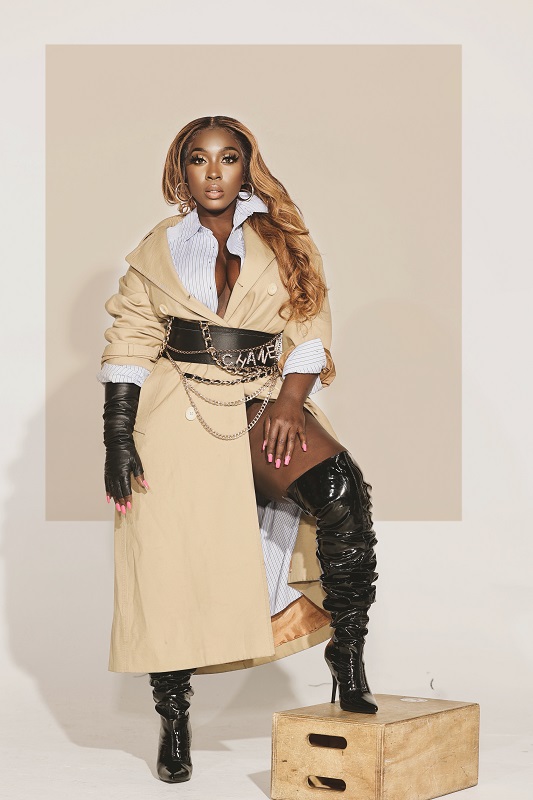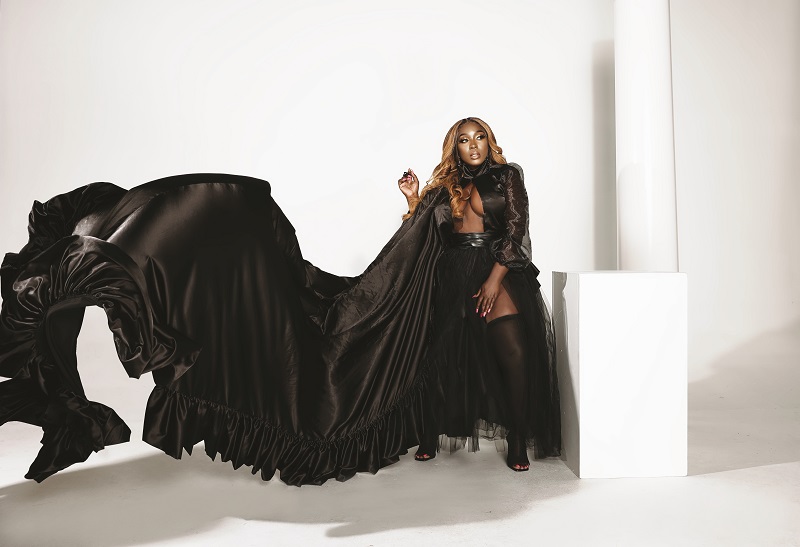A synth plays over a medium tempo beat that pop music fans may recognize from Ne-Yo’s “Miss Independent.” But dancehall fans know better. An autotuned voice utters “Ah di teacha,” and another responds “And ah Spice.” For many, this 2009 smash hit was our introduction to the future Queen of Dancehall, a little known artist named Spice. At the time, listeners would have been hard-pressed to find a station or party that didn’t have “Romping Shop” by Vybz Kartel featuring Spice in heavy circulation. Fast forward 11 years, and she has become one of the biggest names in dancehall.
After the major success of “Romping Shop,” Grace Latoya Hamilton, known professionally as Spice, signed with VP Records. Her next major hit would come with the release of her debut EP, So Mi Like It (2014), and its eponymous single. The song was a certified hit, racking up over 44 million streams on Spotify. This and a steady stream of features elevated her to a household name.

2018 was a turning point. That year, she joined the cast of VH1’s reality television series Love & Hip Hop: Atlanta, and debuted her first full-length project, a mixtape titled Captured. The mixtape debuted at number one on the Billboard Reggae Album chart, thanks in large part to the single “Black Hypocrisy,” for which Spice used the controversial publicity stunt of appearing to have bleached her skin.
She later revealed that it was to highlight the themes of the song, which addresses the issue of colorism in the black community.
Debut Album – 10
Spice is a curious case: she rose to the pinnacle of dancehall fame without ever having released an official album. On August 8th, 2021, that finally changed. Spice released 10, her long-awaited studio debut, to the delight of music listeners and fans everywhere. I had the pleasure of an early listen.
The album opens with the song “S.P.I.C.E.,” which acts as a kind of prologue. In it, she recounts her rise to fame, eventually proclaiming herself as the “undisputed queen,” comfortable in her throne. Songs like “Send It Up” and “Go Down Deh” seem primed for accruing streams. “Go Down Deh” features familiar voices Shaggy and Sean Paul, and cements Spice as an equal to two of the most well-known voices in the genre.
Spice calls Shaggy’s number again in “Bad Girl,” as the two artists go back-and-forth, taunting each other to display their sexual prowess. Other lesser-known artists Melissa Musique, Olaf Blackwood, and Nicho make appearances on the album as well.
For fans of her music, the album will hit on familiar notes and themes. Many of her songs are about sexual empowerment, independence, and her status as Queen of Dancehall.

There are a number of subtle bites of social commentary, most notably in the song “Po-Po ” featuring Nicho. The artists sing lines like “Crush them with solidarity” and “Black Lives Matter we ain’t nuh accident” over a beat inspired by drumlines and which samples protest chants.
The songs have pop appeal while still recognizing a dancehall ethos. “Don’t Care,” most notably, hearkens back to earlier dancehall classics that recall dub or reggae influences. In contrast, “Different Sh*t” is built around a chorus by Melissa Musique, whose soft, lilting voice mirrors Pop and R&B artists like Mariah Carey or Ariana Grande. “Fit” is a high octane romp meant to incite gyrating bodies to move in sweaty bashment summer parties.

After years in the game, this album showcases Spice as an artist who is comfortable in herself and her artistry. Spice is confident and ready to proclaim her place atop the dancehall throne. As she sings “Never stay down, I will stay on top” on the song “Top,” I get the feeling that’s where she’ll be for a long time.
Photography: Sterling Pics
Creative Direction: Eboyne’ Jackson/Divine Influence PR
Styling: Roland Banks
Hair: J. Billions
Make Up Artist: Marquis Guthrie
































